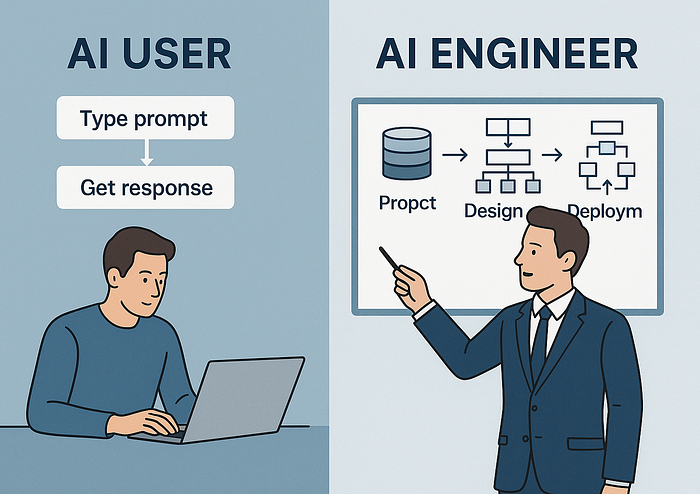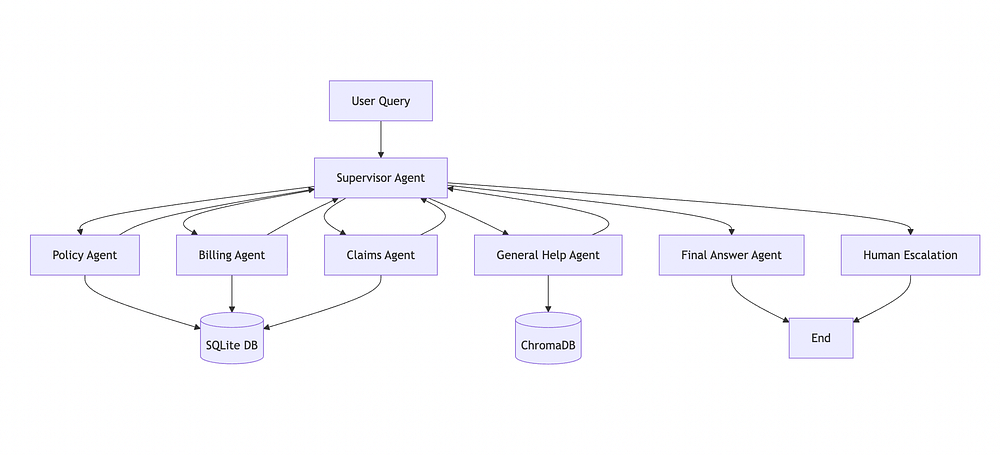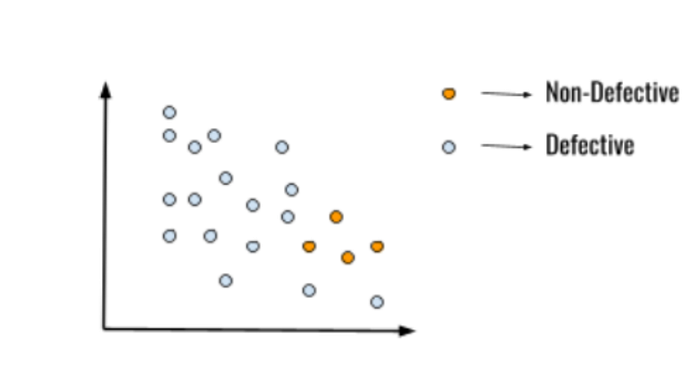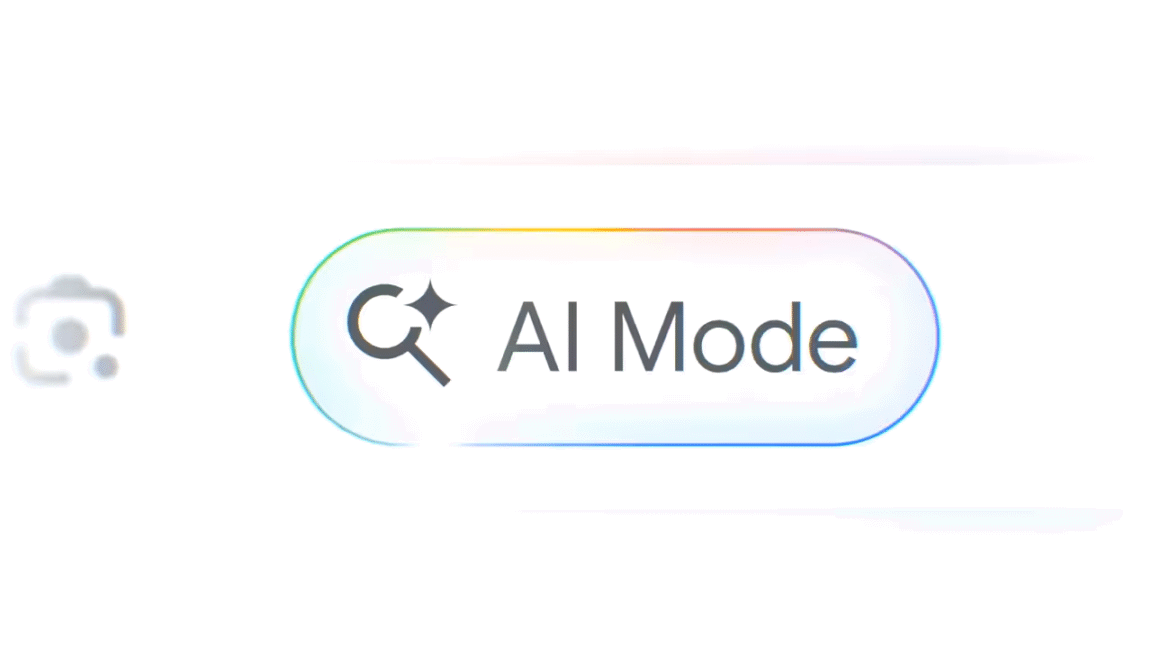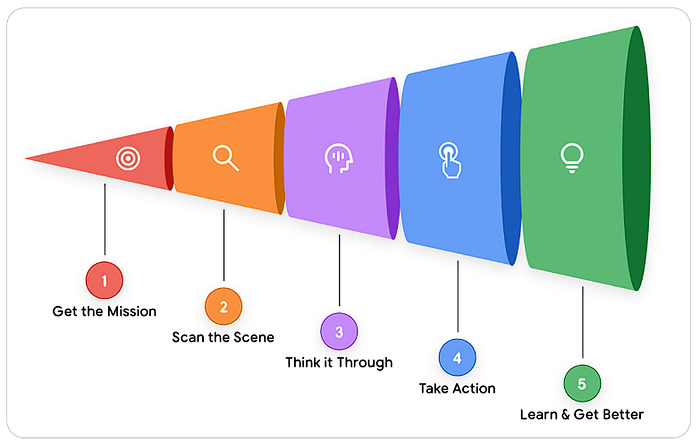Introduction to AI Engineering
The world of artificial intelligence (AI) is rapidly evolving, and with it, the demand for skilled AI engineers. However, there is a growing misconception about what it means to be an AI engineer. Many people claim to be AI engineers, but in reality, they are simply using AI tools like ChatGPT without understanding the underlying technologies.
The Difference Between AI Engineers and AI Users
The key difference between AI engineers and AI users is the level of expertise and involvement in the development and deployment of AI systems. AI engineers are skilled professionals who design, develop, and deploy AI models, whereas AI users are individuals who utilize AI tools and platforms without necessarily understanding the underlying technologies.
Essential Skills for AI Engineering
To be a true AI engineer, one needs to possess a range of skills, including:
- Hands-on software engineering experience
- Machine learning proficiency
- Data analysis and interpretation skills
- Knowledge of programming languages such as Python, Java, and C++
- Understanding of deep learning frameworks like TensorFlow and PyTorch
The Implications of the Knowledge Gap
The knowledge gap between AI engineers and AI users has significant implications for the job market. Many companies are looking for skilled AI engineers to develop and deploy AI systems, but the demand far exceeds the supply. As a result, companies are often forced to settle for individuals who claim to be AI engineers but lack the necessary skills and expertise.
The Importance of Education and Training
To address the knowledge gap, it is essential to provide education and training programs that focus on developing the skills required for AI engineering. This includes hands-on experience with AI tools and platforms, as well as a deep understanding of the underlying technologies.
Conclusion
In conclusion, being an AI engineer requires a range of skills and expertise that go beyond simply using AI tools and platforms. It is essential to understand the underlying technologies and have hands-on experience with AI development and deployment. By providing education and training programs that focus on developing these skills, we can address the knowledge gap and meet the growing demand for skilled AI engineers.
FAQs
- What is the difference between an AI engineer and an AI user?
An AI engineer is a skilled professional who designs, develops, and deploys AI models, whereas an AI user is an individual who utilizes AI tools and platforms without necessarily understanding the underlying technologies. - What skills are required to be an AI engineer?
To be an AI engineer, one needs to possess a range of skills, including hands-on software engineering experience, machine learning proficiency, data analysis and interpretation skills, and knowledge of programming languages such as Python, Java, and C++. - Why is there a knowledge gap between AI engineers and AI users?
The knowledge gap between AI engineers and AI users is due to the lack of education and training programs that focus on developing the skills required for AI engineering. - How can the knowledge gap be addressed?
The knowledge gap can be addressed by providing education and training programs that focus on developing the skills required for AI engineering, including hands-on experience with AI tools and platforms, as well as a deep understanding of the underlying technologies.


